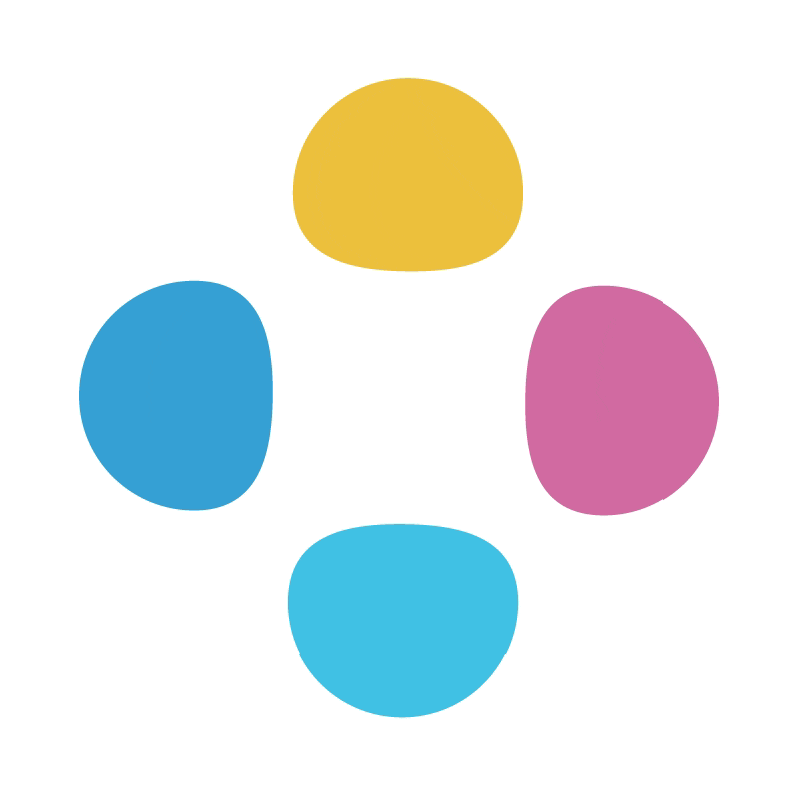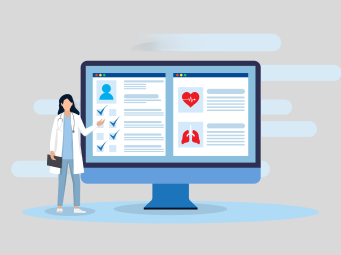The Impact of Digital Platforms on Patient Engagement and Satisfaction
In the modern healthcare landscape, patient engagement and satisfaction are paramount to delivering high-quality care and achieving positive health outcomes...


Managing patient relationships in healthcare is more complex than in other industries. From appointment scheduling and follow-ups to treatment plans, billing and patient communication - healthcare providers must manage multiple touchpoints while ensuring compliance, security and personalized care.
That’s why choosing the right Healthcare Customer Relationship Management (CRM) system is tough. A well-designed healthcare CRM not only strengthens patient engagement but also streamlines operations and helps providers to make data-driven decisions. But with so many options available, how do you know which CRM is right for your healthcare practice?
A Healthcare CRM is not just about sales or marketing - it’s all about managing the entire patient’s journey. It should connect appointments, electronic medical records (EMRs), patient communications, billing and even reviews into one platform.
Where JGDHealth gone beyond the traditional CRMs by offering a unified healthcare platform that integrates patient engagement, operational workflows and clinical intelligence under one roof.
If you are looking for healthcare CRMs, here are the most important features to consider:
The CRM should put patients at the center. Look for platforms that allow easy tracking of appointments, medical histories, treatment plans and follow-ups. A patient-first platform ensures better patient engagement and satisfaction.
Today’s patients expect pre- and post-scheduled reminders and updates through SMS, WhatsApp, email and mobile apps. A good CRM should automate these patient communications. The JGDHealth platform comes with patient communication tools to reduce no-shows and improve follow-up adherence.
The CRM should integrate easily with any Electronic Medical Records (EMR), billing systems and lab management software. This ensures staff don’t have to handle multiple tools or duplicate data entries.
The right CRM gives real-time insight like patient acquisition trends, missed appointment rates, revenue cycle analytics and more. This helps hospital management to make accurate and faster decisions.
If your practice has multiple branches or plans to expand, a CRM should support multi-location management. With JGDHealth’s multi-location features, management can centrally monitor performance while ensuring a consistent patient experience across all practices.
Healthcare data is highly sensitive. Ensure a CRM follows strict compliance frameworks like HIPAA compliance. Features like role-based access control, encryption and audit trails are non-negotiable.
Choosing the right Healthcare CRM is not just an IT decision, it’s a strategic investment in patient experience, operational efficiency and long-term growth. The right platform will empower your hospital to build stronger patient relationships while streamlining workflows and ensuring compliance.
If you’re ready to digitize your healthcare practice, JGDHealth will help you with its unified healthcare platform. We enable healthcare practices to digitize operations, boost patient engagement and deliver personalized care all under one roof.